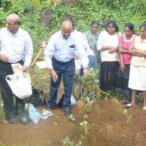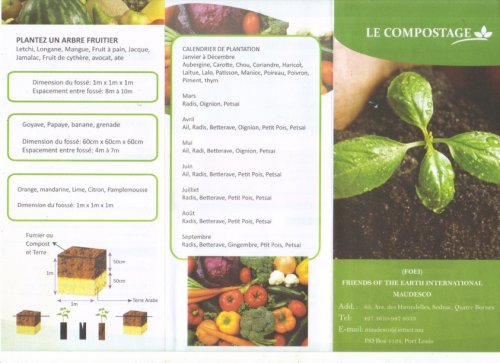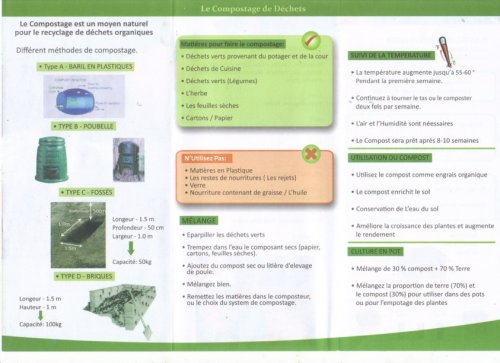English · Español

9 de febrero de 2017 | Noticias | Agroecología | Soberanía Alimentaria
The challenges to build food sovereignty in Mauritius
Descargar: MP3 (1.3 MB)
Mauritius is a small island nation in the Indian Ocean, near Madagascar, where sugar cane amounts to 90 percent of all crops. According to the UN Food and Agriculture Organization (FAO), out of the 57,160 hectares cultivated with sugarcane in 2012, only 8124 were used for food.
As a consequence, the country with over 1.3 million inhabitants needs to import basic food such as rice, cereals, dairy products, meat, fruits and some vegetables.
In addition to the economic model, including the impacts of trade liberalization policies, the unfavorable climate conditions, land and workforce scarcity and the incidence of pests are some of the problems that become obstacles for the food sovereignty of Mauritius.
In this context, the Mauritius Council for Development and Environmental Studies and Conservation (MAUDESCO) / Friends of the Earth Mauritius proposed to carry out a campaign to promote diversified farming, cooperatives and community groups, the capacity building of farmers around agroecology and organic farming, advocacy and policy development work.
Brochures on composting organic waste - MAUDESCO

 The campaign, focused on small farmers and rural women, aims to strengthen agroecology by using household waste, especially for the production of vegetables and fruits. According to members of the organization, they also warn about the dangers of agrotoxic use.
The campaign, focused on small farmers and rural women, aims to strengthen agroecology by using household waste, especially for the production of vegetables and fruits. According to members of the organization, they also warn about the dangers of agrotoxic use.
Imagen: Le Mauricien








